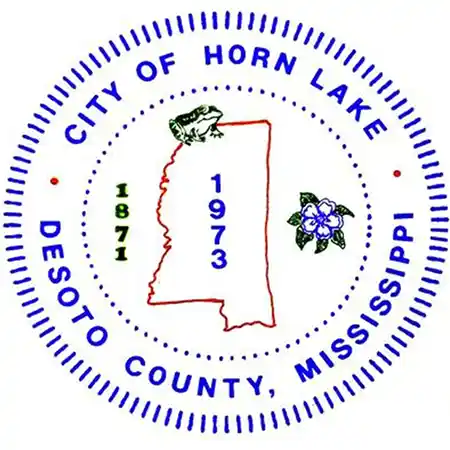Recycling Pick Up
All of Horn Lake is on blue sticker with Tuesday pick up.
Steps we have taken as a city:
Conducted frequent inspections on new and current residential and commercial sites.
Established Keep Horn Lake Beautiful Committee.
Passed an ordinance requiring a minimum of 20% green space.
Held monthly library lecture series.
Created a Tree Board and ordinance.
Established a community composting endeavor (trees, grass clippings)
Adopted a policy for contractors to chip rather than burn.
Completed the first 2.2 miles of Greenway Trails.
What can you do to help?
Get involved – Be active
Take ownership of your community
Be a member of Keep Horn Lake Beautiful
Be a member of the Horn Lake Tree Board
Be conscientious in regard to recycling and proper disposal
Turn off equipment when not being used
Conserve water – Do not leave taps dripping
Purchase “greener” products and services that are recyclable
Always recycle
Change a bulb
Drive a fuel-efficient car
Bike or walk to your destination
Adjust your thermostat
What to Recycle?
Plastic bags, aluminum and steel cans, newspapers, computers, white office paper and mixed paper, used motor oil, tires and lead acid batteries, cordless and cellular phones, laptop computers, cordless power tools, rechargeable batteries and batteries that power camcorders.
Did you Know?
Our garbage is made up of the following: 41% paper, 18% yard waste, 9% metal, 8% glass, 8% food waste, 7% plastic and 9% other.
Newspapers are recycled into new newspapers, paper egg cartons, cereal boxes, cellulose household insulation, and acoustical ceiling tiles.
Aluminum cans and/or scrap are recycled into metal products made of steel including structural steel in building, bolts and nuts, coat hangers and more steel cans.
Plastic bottles are recycled into plastic lumber for picnic tables and park benches, carpet, clothing, and more plastic bottles.
Used motor oil is recycled into refined oil or fuel blended with other fuels to be burned at industry boilers for energy.
Reduce Storm Water Pollution
Keep grass clipping and trash out of the street and gutters. Compost or bag them.
Reduce fertilizer and pesticide use.
Recycle used motor oil don’t dump! Most automotive stores collect waste oil.
Park your car on the grass before washing.
Spread the word about protecting our waters to friends and neighbors.
Put litter in its place.
Take your old tires to a proper disposal place.
Clean up after your pet.
Clean paint brushes in a sink, not outdoors.
Deliver your household hazardous waste to published locations quarterly
How does Storm Water Pollution occur?
As water flows across the ground it picks up debris, chemicals, dirt, and other pollutants and deposits them into a storm drain system or water body. Storm drains are a non-treated system! The water that flows into your storm drains will end up in the drainage basins.
For more information, please visit the following websites:

